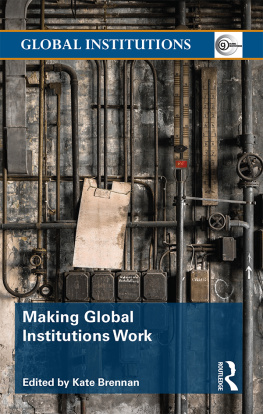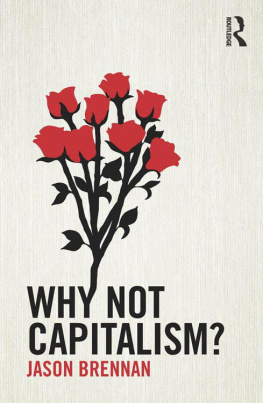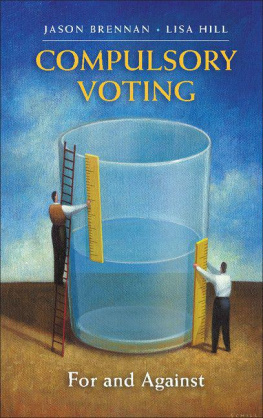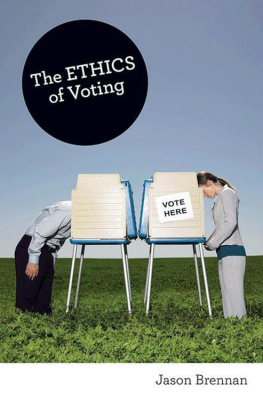Making Global Institutions Work
This book seeks to think differently about what we recognize as global institutions and how they could work better for the people who need them most. By so doing, the contributions show that there is a group of institutions that influence enough peoples lives in significant enough ways through what they protect, provide or enable that they should be considered, together, as global institutions.
The United Nations, the World Bank, the Internet as well as private military and security companies leave a heavy footprint on the social, political, and economic landscape of the planet. We are all aware in different ways of the existence of these global institutions but their importance in achieving change in the twenty-first century is often underestimated.
In this book, contributors seek to explain what associations exist between change in global institutions and the reduction of poverty and inequality as well as the achievement of security and justice. The work makes sense of processes of change and identifies the most significant obstacles that exist, offering suggestions for future action that will be of interest to students and scholars of global institutions.
Kate Brennan is the founder of Global & Smart and was an advisor to former Australian Prime Minister Julia Gillard.
Routledge Global Institutions Series
Edited by Thomas G. Weiss
The CUNY Graduate Center, New York, USA
and Rorden Wilkinson
University of Sussex, UK
About the series
The Global Institutions Series provides cutting-edge books about many aspects of what we know as global governance. It emerges from our shared frustrations with the state of available knowledge electronic and print-wise, for research and teachingin the area. The series is designed as a resource for those interested in exploring issues of international organization and global governance. And since the first volumes appeared in 2005, we have taken significant strides toward filling conceptual gaps.
The series consists of three related streams distinguished by their blue, red, and green covers. The blue volumes, comprising the majority of the books in the series, provide user-friendly and short (usually no more than 50,000 words) but authoritative guides to major global and regional organizations, as well as key issues in the global governance of security, the environment, human rights, poverty, and humanitarian action among others. The books with red covers are designed to present original research and serve as extended and more specialized treatments of issues pertinent for advancing understanding about global governance. And the volumes with green coversthe most recent departure in the seriesare comprehensive and accessible accounts of the major theoretical approaches to global governance and international organization.
The books in each of the streams are written by experts in the field, ranging from the most senior and respected authors to first-rate scholars at the beginning of their careers. In combination, the three components of the seriesblue, red, and greenserve as key resources for faculty, students, and practitioners alike. The works in the blue and green streams have value as core and complementary readings in courses on, among other things, international organization, global governance, international law, international relations, and international political economy; the red volumes allow further reflection and investigation in these and related areas.
The books in the series also provide a segue-way to the foundation volume that offers the most comprehensive textbook treatment available dealing with all the major issues, approaches, institutions, and actors in contemporary global governanceour edited work International Organization and Global Governance (2014)a volume to which many of the authors in the series have contributed essays.
Understanding global governancepast, present, and futureis far from a finished journey. The books in this series nonetheless represent significant steps toward a better way of conceiving contemporary problems and issues as well as, hopefully, doing something to improve world order. We value the feedback from our readers and their role in helping shape the on-going development of the series.
A complete list of titles appears at the end of this book. The most recent titles in the series are:
Post-2015 UN Development (2014)
Edited by Stephen Browne and Thomas G. Weiss
Who Participates in Global Governance? (2014)
Molly A. Ruhlman
The Security Council as Global Legislator (2014)
Edited by Vesselin Popovski and Trudy Fraser
UNICEF (2014)
Richard Jolly
The Society for Worldwide Interbank Financial Telecommunication (SWIFT) (2014)
Susan V. Scott and Markos Zachariadis
The International Politics of Human Rights (2014)
Edited by Monica Serrano and Thomas G. Weiss
Private Foundations and Development Partnerships (2014)
Michael Moran
First published 2015
by Routledge
2 Park Square, Milton Park, Abingdon, Oxon OX14 4RN
and by Routledge
711 Third Avenue, New York, NY 10017
Routledge is an imprint of the Taylor & Francis Group, an informa business
2015 Kate Brennan for selection and editorial matter; individual contributors for their contributions.
The right of Kate Brennan to be identified as editor of this work has been asserted by her in accordance with the Copyright, Designs and Patent Act 1988.
All rights reserved. No part of this book may be reprinted or reproduced or utilised in any form or by any electronic, mechanical, or other means, now known or hereafter invented, including photocopying and recording, or in any information storage or retrieval system, without permission in writing from the publishers.
Trademark notice: Product or corporate names may be trademarks or registered trademarks, and are used only for identification and explanation without intent to infringe.
British Library Cataloguing in Publication Data
A catalogue record for this book is available from the British Library
Library of Congress Cataloging in Publication Data
A catalog record for this title has been requested
ISBN: 978-0-415-63133-4 (hbk)
ISBN: 978-1-315-75625-7 (ebk)













